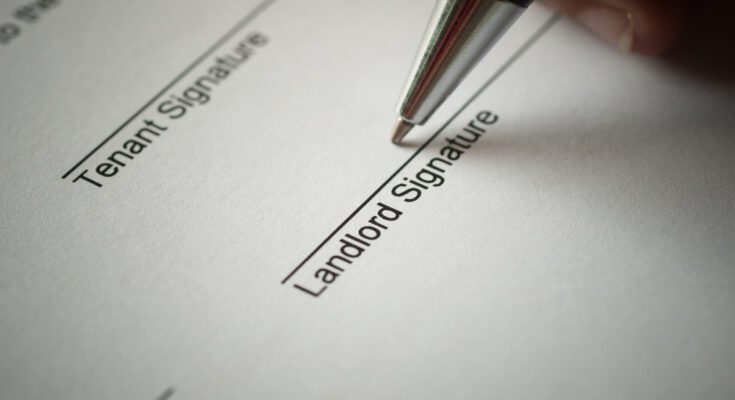Becoming a landlord for the first time can feel overwhelming, especially for retirees looking to generate additional income from their property investments. The rental market offers significant opportunities, but success requires careful planning, attention to detail, and a solid understanding of your responsibilities.
This guide covers essential strategies that will help you navigate the rental property landscape with confidence and maximize your investment returns.
Set Competitive Rental Rates
Research comparable properties in your area to determine appropriate rental pricing. Check online rental platforms and speak with other landlords to understand current market rates. Consider factors such as property size, amenities, location, and condition when setting your price.
Avoid the temptation to underprice your property significantly below market value. While lower rent might attract tenants quickly, it reduces your overall return on investment and can attract less qualified renters. Similarly, overpricing can result in extended vacancy periods that eat into your profits.
Review and adjust rental rates annually based on market conditions, property improvements, and local rent control laws. Many find that property management jobs during retirement provide valuable insights into local rental market trends and pricing strategies.
Understand Legal Requirements
Familiarize yourself with federal, state, and local landlord-tenant laws that govern rental properties. These regulations cover security deposits, eviction procedures, habitability standards, and discrimination protections. Ignorance of these laws can result in costly legal problems and financial penalties.
For this reason, you need to obtain proper insurance coverage for your rental property. Standard homeowner’s insurance policies typically don’t cover rental activities, so you’ll need landlord insurance that protects against property damage, liability claims, and potential rental income loss.
Check local licensing requirements for rental properties—some municipalities require landlords to obtain permits or licenses before renting their properties. These requirements often include safety inspections and ongoing compliance monitoring.
Manage Finances Wisely
Create a separate bank account for your rental property income and expenses—this separation simplifies bookkeeping and makes tax preparation much easier. Be sure to track all rental-related expenses, including repairs, maintenance, insurance, and property taxes.
Set aside money each month for unexpected repairs and maintenance costs. Many experienced landlords recommend reserving about 10–15 percent of your rental income for these purposes. This emergency fund can prevent financial stress when major repairs become necessary.
Consider working with a qualified accountant who understands rental property taxation, as they can help you maximize deductions and ensure compliance with tax regulations. Proper financial management strategies can mitigate risks in long-term rental investments and protect your retirement income.
Success as a first-time landlord requires patience, preparation, and continuous learning. Start with these fundamental practices and gradually expand your knowledge as you gain experience. Remember that rental property investment represents a long-term commitment that can provide steady income throughout your retirement years when managed properly.


